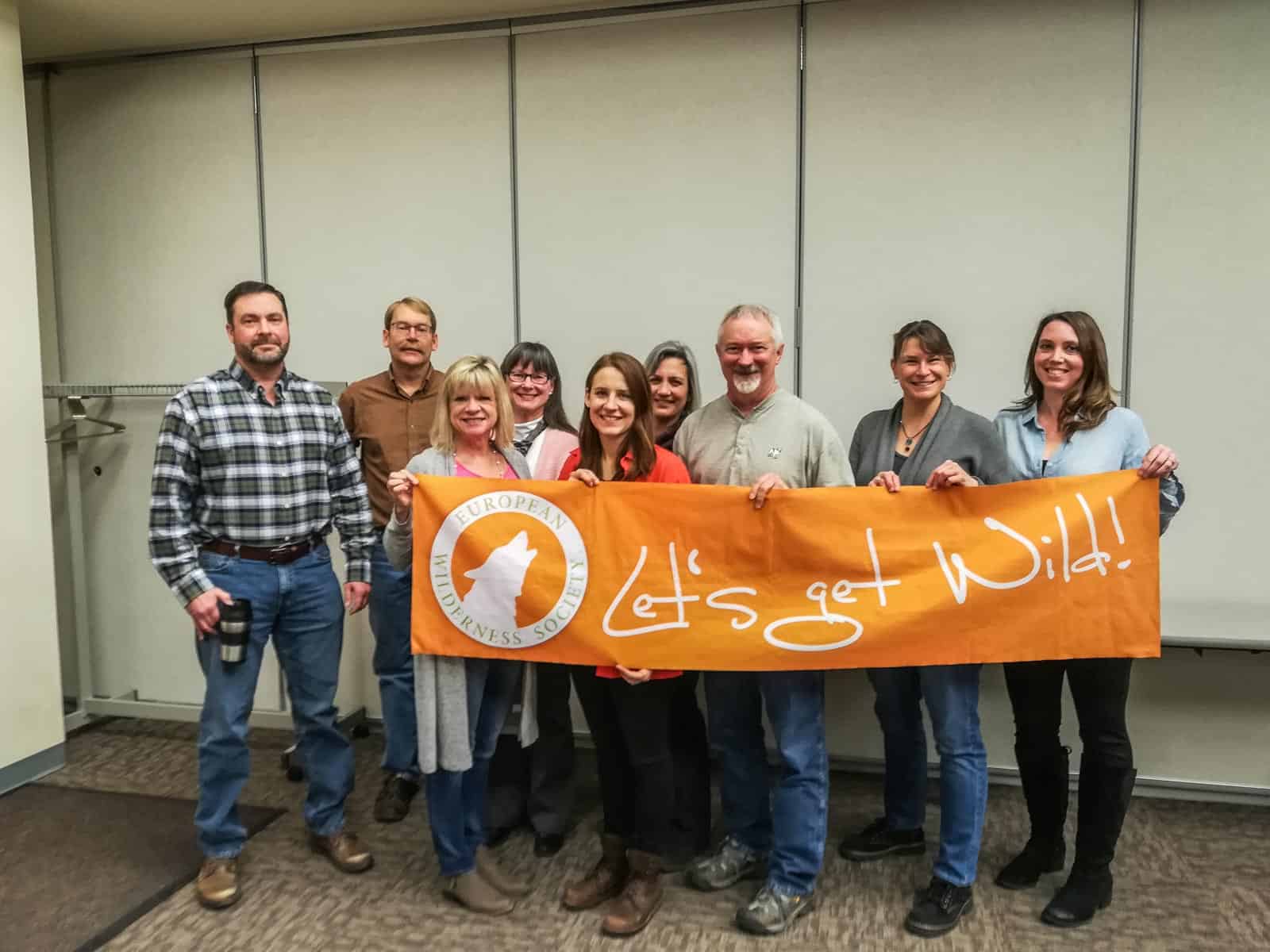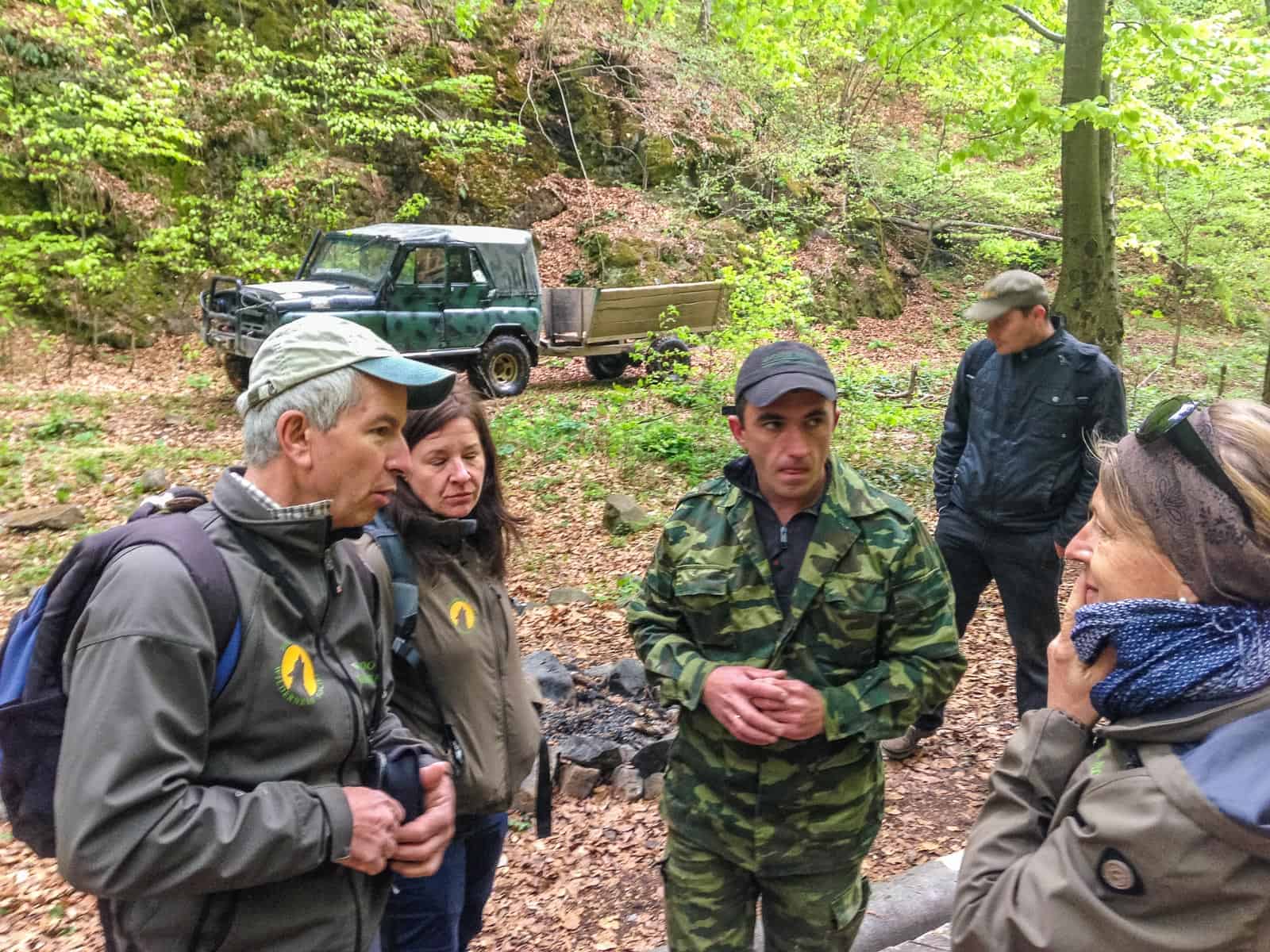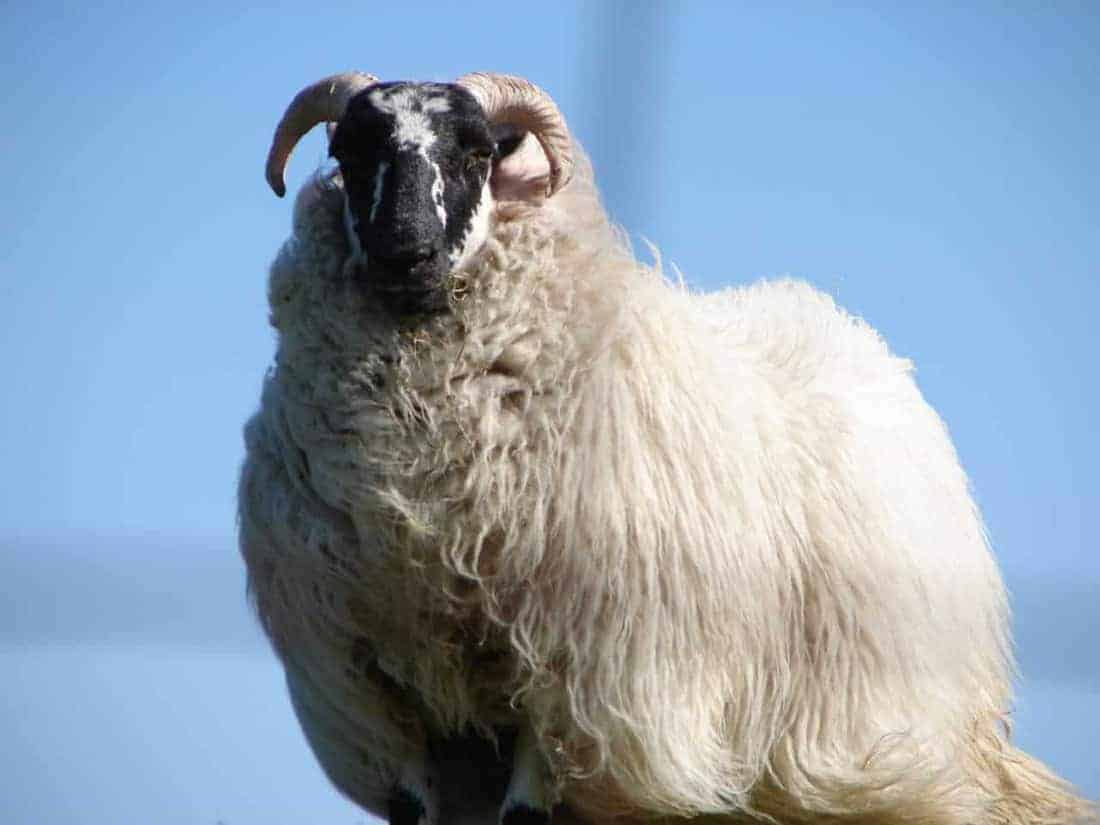Online talk: What does re-wetting mean for animal husbandry?
In Germany, more than two thirds of bog soils are used for agriculture, especially for grazing. Almost 20 percent of all German greenland is dried moor.
Seven percent of all German greenhouse gas emissions are caused by drained moors. Yet at the same time, these moors offer a huge climate protection potential as rewetted moors can form carbon sinks.
Learn more about this during the online talk with Dr. Wendelin Wichtmann from Greifswald Moor Centrum (German speaking) on May 16 at 18.30 pm.
Wichtmann has been researching Moores for more than 30 years. He is currently exploring alternative use concepts such as paludiculture (using wet and rewetted peatlands) at the Greifswald Moor Centrum.
The Greifswald Moor Centrum aims to restore and conserve peatlands, locally and globally. They coordinate the Global Peatland Database, a database with the most information on the distribution and peatland status worldwide.
Register here.
European Wilderness Society is a project partner of the HORIZON project ALFAwetlands, which aims to conserve and restore wetlands in Europe and follows the moor research done by the Greifswald Moor Centrum.
Read also about the Global Peatlands Initiative or take a look at the Mooratlas, provided by the Michael Succow Foundation.







